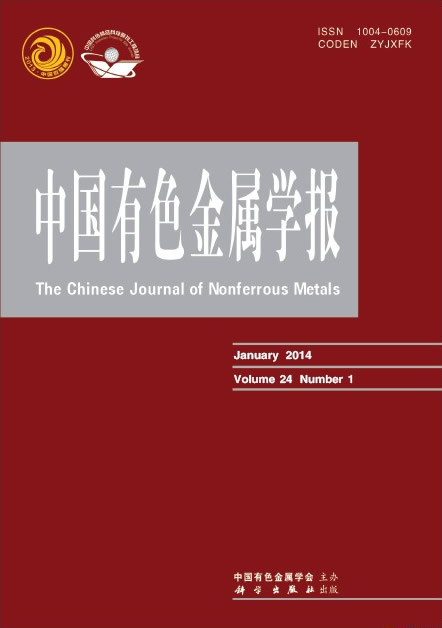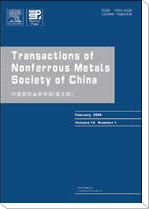中国有色金属学报(英文版)
Transactions of Nonferrous Metals Society of China
| Vol. 34 No. 9 September 2024 |
(School of Chemical Engineering and Technology, Sun Yat-sen University, Zhuhai 519082, China)
Abstract:The effect of ultraviolet (UV) radiation and biocide benzalkonium chloride (BKC) on fungal-induced corrosion of AA7075 induced by Aspergillus terreus (A. terreus) was deeply studied using analysis of biological activity, surface analysis, and electrochemical measurements. Results demonstrated that the planktonic and sessile spore concentrations decline by more than two orders of magnitude when UV radiation and BKC are combinedly used compared with the control. UV radiation can inhibit the biological activity of A. terreus and influence the stability of passive film of AA7075. Except for direct disinfection, the physical adsorption of BKC on the specimen can effectively inhibit the attachment of A. terreus. The combination of UV radiation and BKC can much more effectively inhibit the corrosion of AA, especially pitting corrosion, due to their synergistic effect. The combined application of UV radiation and BKC can be a good method to effectively inhibit fungal-induced corrosion.
Key words: fungal-induced corrosion; Aspergillus terreus; 7075 aluminum alloy; ultraviolet radiation; benzalkonium chloride


